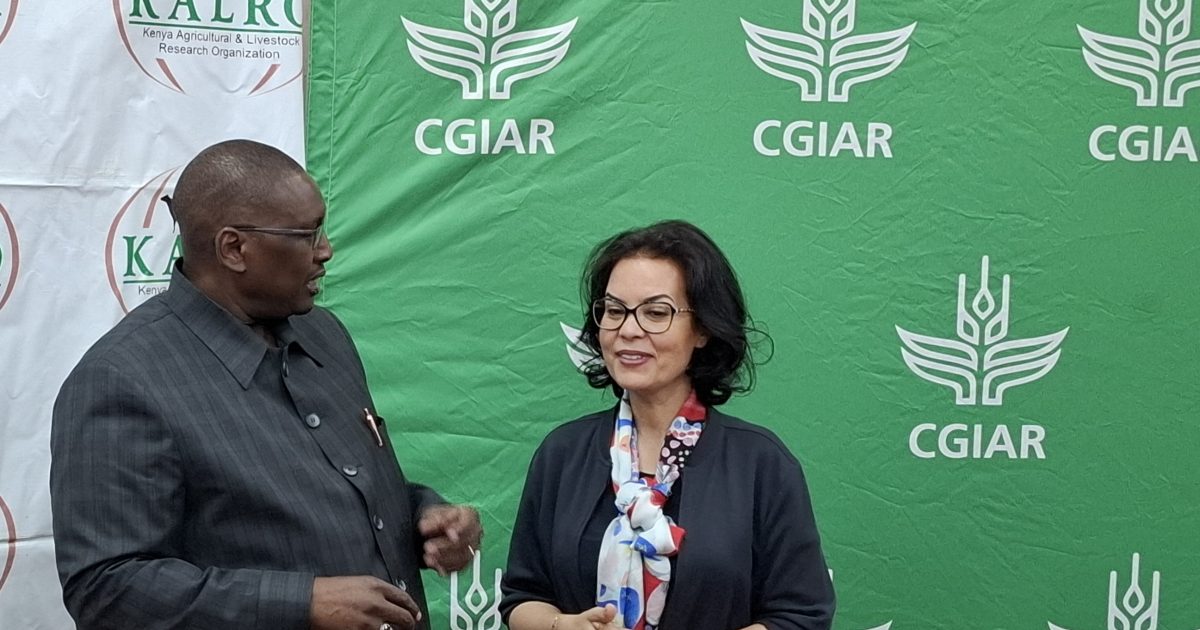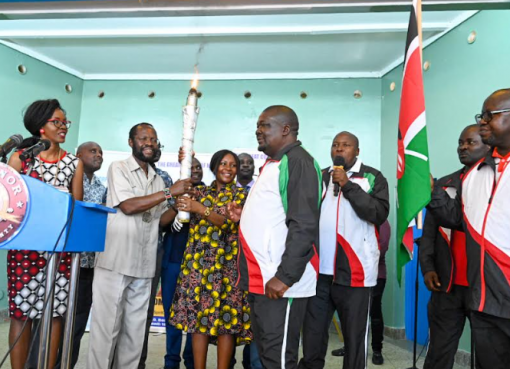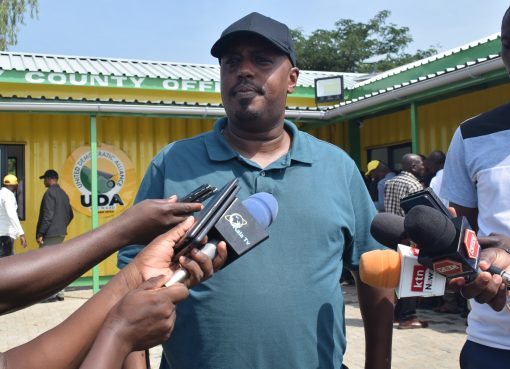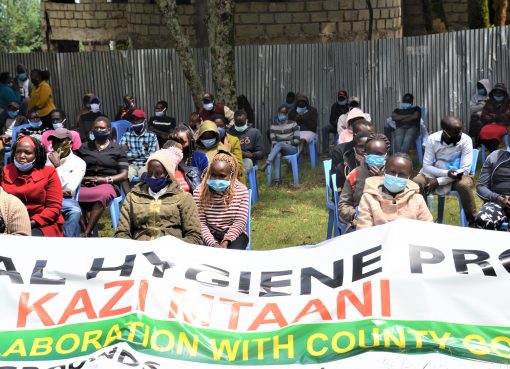Over 3,000 people in the agriculture space will next month attend a high-level science week conference in Kenya that will look to brainstorm on food security, climate resilience and agricultural innovation.
The Science Week will be a culmination and celebration of science and innovation across centres of the Consultative Group for International Agricultural Research (CGIAR), a global partnership that brings together international organisations dedicated to agricultural research for food security.
In a joint media briefing on Tuesday, lead experts from the CGIAR and Kenya Agricultural Livestock Research Organisation (KALRO), who will co-host the event, noted that food systems are facing growing threats from climate change and global hunger and that the Science Week conference presents an opportunity to drive agricultural research and innovation, ensuring sustainable food systems and economic growth for not only Kenya but globally.
Dr. Eliud Kireger, Director General, KALRO said research is a very expensive venture and there is need therefore to work together, collaborate in research findings and adopt what is done among the partners so that one does not reinvent the wheel.
“Our farmers need to be able to access information and technologies that have been developed both within and elsewhere and the science week will be another platform for showcasing technologies that are ready to be taken up by our farmers in order to increase our food and nutrition security,” he said.
Dr. Kireger noted that Kenya plays a strategic role in CGIAR through representation on the CGIAR System Council, where it has a voting seat on behalf of the Sub-Saharan Africa Constituency.
“Kenya’s engagement with CGIAR thus presents an opportunity to drive agricultural research and innovation, ensuring sustainable food systems and economic growth for the country,” the DG said.
“What we want is to showcase those pilots that are very successful and incentivise their scaling up. Some of them we have been able to scale up with up to 50,000 farmers, but we need to get much further to get to the 100,000 or even million farmers,” said Dr. Ismahane Elouafi, Executive Managing Director of CGIAR.
She mentioned that showcasing success stories will be one of the objectives of the upcoming science week conference, showing that science can help produce more with less, can help produce while conserving natural resources and that agriculture as a sector is the solution to climate change.
Dr. Elouafi explained that currently we are painting agriculture as the emitter of 37 percent of greenhouse emissions, which is true, but at the same time we are sequestering a lot of carbon in our soils, plants and oceans.
“We need to bring that scientific knowledge to bring better awareness of the importance of the agriculture sector both in terms of feeding the population and also in terms of sequestering and cleaning up the air but also the importance for employment, considering that about 33 billion people worldwide are employed by the agri-food system.
She confirmed that another major objective of the science week conference will be a call for partnership, saying although CGIAR has had a wonderful relationship with KALRO for decades, they want to do much more in terms of partnership since there are big challenges that no single institution can be able to do alone.
CGIAR, Dr. Elouafi said with its large presence worldwide in 80 countries and with a budget of one billion dollars per year, is working with many national, regional and global organisations but is looking forward to more in terms of partnership, collaboration and cooperation.
“We hope we can convince more partners to come on board in terms of donors and funders because we do need funding. We are doing mostly global public good science that could benefit all the countries but with a focus on low-income countries and low- and middle-income countries.
During Science Week, which will be held from April 7th to 12th, there will be an official launch of CGIAR’s new Science and Innovation Portfolio, which aims to address the biggest global challenges of our time, namely climate change, gender and social inequality, poor-quality diets, rural poverty, fragility, conflict, and violence.
Building on CGIAR’s 50-year legacy of driving impact through science, the new portfolio brings together global expertise and partnerships to develop and scale innovations that can tackle the impact of these challenges on our planet’s food, land, and water systems.
The research portfolio 2025-2030 will be the first to run for six years as previous portfolios have been running for 3 years only.
Kenya’s Bottom-Up Economic Transformation Agenda (BETA) identifies the agri-food system as a central pillar of economic transformation and inclusive growth. Transforming agri-food systems can contribute to important development outcomes such as poverty reduction, livelihoods and jobs, social inclusion, climate change adaptation and mitigation, as well as environmental health and biodiversity.
By Wangari Ndirangu





